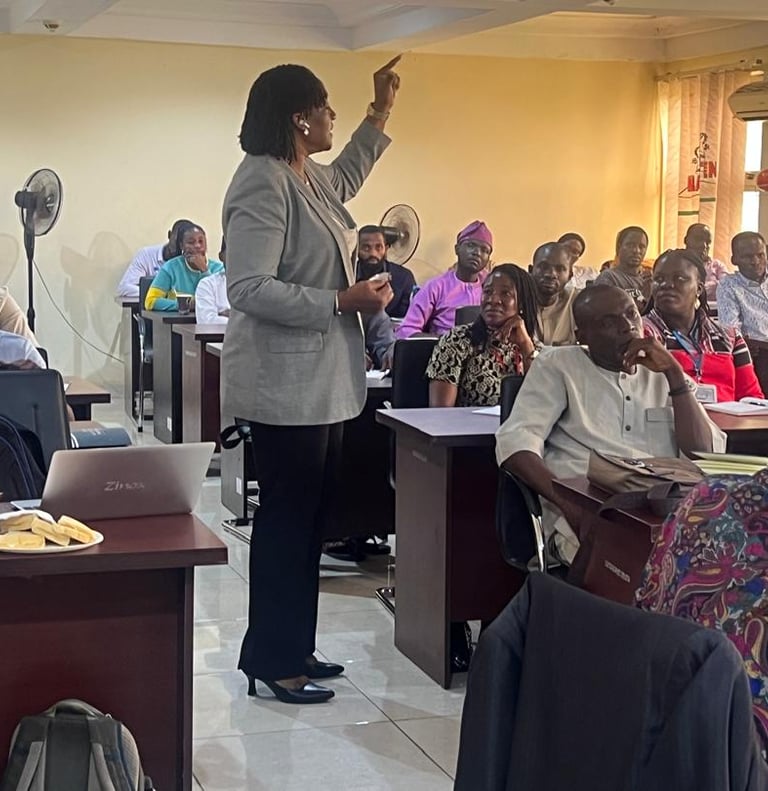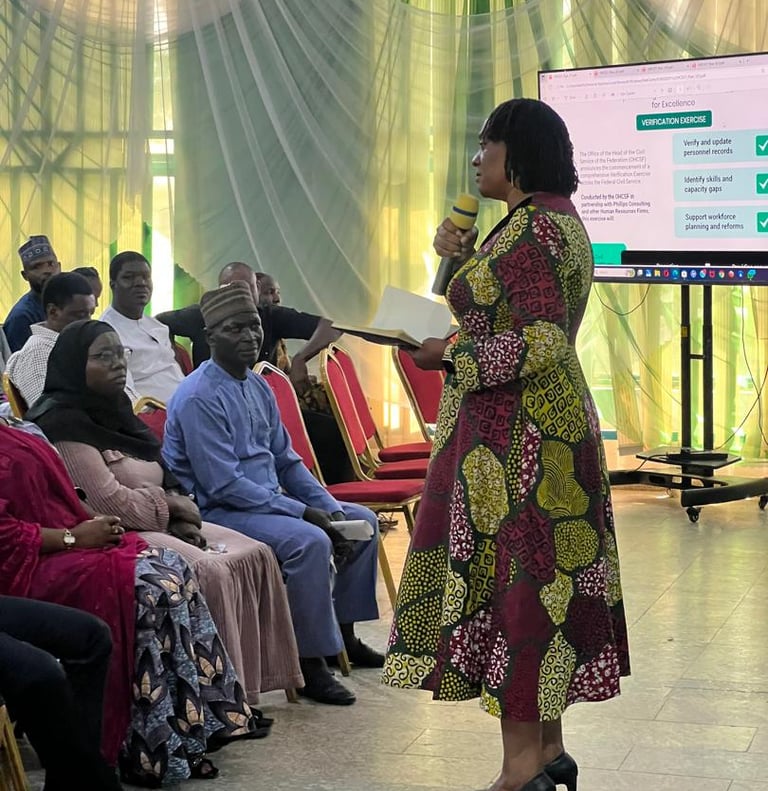Digital Transformation in Government — Lessons from African Case Studies
THOUGHT LEADERSHIP
By Dr. Offiong Archibong-Anyanwu,
10/27/20252 min read
Introduction
Digital transformation is not about technology alone — it is about rethinking how government works. Across Africa, countries are leveraging digital platforms to improve service delivery, strengthen public accountability, and create inclusive economic growth. For Nigeria, digital transformation represents an unparalleled opportunity to modernize governance and restore citizen confidence.
The question is not if digital transformation will redefine governance — it already is. The question is how we can learn from Africa’s emerging success stories to accelerate our own.
Learning from the Continent
Rwanda — The Integrated Service Model
Through the Irembo platform, Rwanda delivers over 100 government services online, reducing processing time from weeks to hours. Its success lies not only in technology but in leadership commitment, process simplification, and performance monitoring.Kenya — Data-Driven Accountability
Kenya’s Huduma Centres serve as one-stop hubs for citizen services, blending digital access with human support. Behind this lies a robust data backbone that informs decision-making and ensures service quality.Ghana — Digital Procurement Reform
Ghana’s e-Government Procurement (GHANEPS) system enhances transparency and efficiency in public procurement. The lesson: digitization strengthens integrity when built on clear rules and institutional will.Estonia — Governance as a Platform (Global Reference)
Estonia’s digital identity system provides a blueprint for integrated service delivery and citizen participation. Africa can adapt this principle by prioritizing identity, interoperability, and trust.
Where Nigeria Stands
Nigeria has made bold strides: the National e-Government Master Plan, the ongoing IPPIS reforms, the Federal Civil Service Strategy and Implementation Plan (FCSSIP25), and the Digital Economy Policy Framework are strong foundations.
Yet, challenges remain — siloed systems, manual processes, and limited inter-agency data sharing reduce efficiency and transparency.
The next phase of transformation must focus on integration, user experience, and institutional capacity rather than isolated technological upgrades.
Three Lessons for Nigeria
Leadership Before Technology
Every successful digital transformation in Africa was led by strong political will, not just technical design. Leadership must drive change, champion user adoption, and sustain accountability.Process Before Platform
Technology amplifies existing processes. Without streamlined workflows and clear responsibilities, digitization simply automates inefficiency.Data as a Governance Asset
Data should no longer be seen as administrative paperwork but as the foundation of decision-making. Integrating data across MDAs will enable predictive insights, transparency, and service innovation.
The Way Forward
For Nigeria to lead digital transformation in governance, reform must focus on four key priorities:
Integration of Systems: Harmonize databases and processes across ministries.
User-Centered Design: Simplify digital interfaces for accessibility and citizen inclusion.
Capacity Development: Build digital literacy within the civil service.
Sustainability Framework: Institutionalize change management and maintenance funding.
Conclusion
Digital transformation is not a destination — it is a journey of constant adaptation. Nigeria stands at a critical point where policy ambition must meet execution discipline. By learning from African peers and embedding innovation in public systems, Nigeria can redefine governance for efficiency, inclusion, and trust.
At Stransform, we remain committed to supporting government institutions in building digital systems that deliver measurable impact — because the future of governance is not only digital, it is transformative.




...Transformation through Strategy
Contact Us
© 2026. Stransform Limited. All rights reserved. Managed by Straanovation
LINKS


